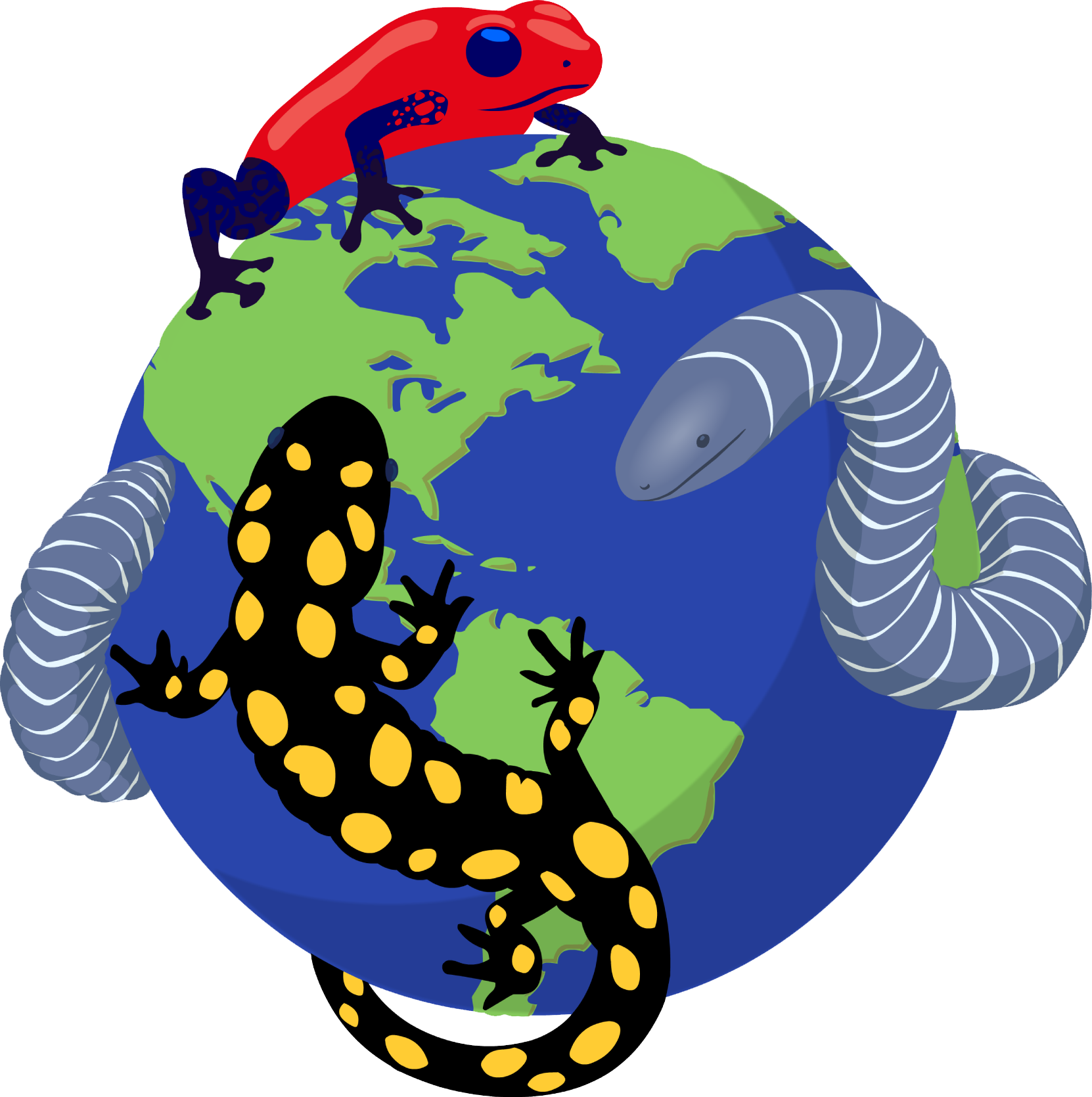|
Neobatrachus pictus Peters, 1863
Painted Burrowing Frog | family: Myobatrachidae subfamily: Limnodynastinae genus: Neobatrachus |
|
|
|
Distribution and Habitat Country distribution from AmphibiaWeb's database: Australia
Life History, Abundance, Activity, and Special Behaviors Trends and Threats
Threats
Conservation Measures
Comments This species was featured as News of the Week on 30 November 2020: While common in plants, whole genome duplication, or polyploidy, is rare in animals. The animals that are polyploid tend to reproduce asexually. Notable exceptions in the amphibian world that display both polyploidy and sexual reproduction, include members of the Xenopus genus and Bufotes viridis complex. Novikova et al. (2020) investigated another system in the Australian genus Neobatrachus, where six members are diploid and three are tetraploid, to better understand the evolutionary role of polyploidism. They found asymmetric gene flow from the more isolated diploid species to tetraploids, which have wider distributions, as the origin of the polyploid species. Furthermore, these inter-specific hybrid tetraploids displayed more wide-spread gene flow and were more tolerant of climate-induced habitat loss, providing a potential rescue effect to species diversity in the genus. (AChang)
References
Barker, J., Grigg, G. C., and Tyler, M. J. (1995). A Field Guide to Australian Frogs. Surrey Beatty and Sons, New South Wales. Moore, J.A. (1961). ''Frogs of eastern New South Wales.'' Bulletin of the American Museum of Natural History , 121(3), 151-386. Novikova PY, Brennan IG, Booker W, Mahony M, Doughty P, Lemmon AR, et al. (2020). "Polyploidy breaks speciation barriers in Australian burrowing frogs Neobatrachus." PLoS Genetics, 16(5), e1008769. [link] Originally submitted by: Jean-Marc Hero et. al. (first posted 2002-04-05) Comments by: Michelle S. Koo (updated 2021-04-04)
Edited by: Ambika Sopory, Jean-Marc Hero (2021-04-04) Species Account Citation: AmphibiaWeb 2021 Neobatrachus pictus: Painted Burrowing Frog <https://amphibiaweb.org/species/3531> University of California, Berkeley, CA, USA. Accessed Jun 5, 2025.
Feedback or comments about this page.
Citation: AmphibiaWeb. 2025. <https://amphibiaweb.org> University of California, Berkeley, CA, USA. Accessed 5 Jun 2025. AmphibiaWeb's policy on data use. |


 Map of Life
Map of Life